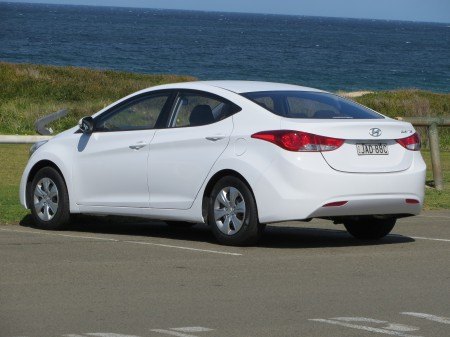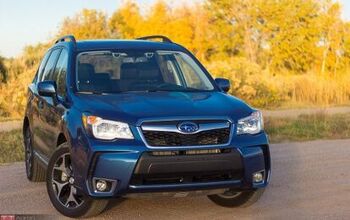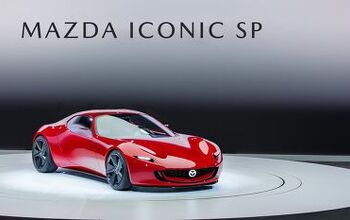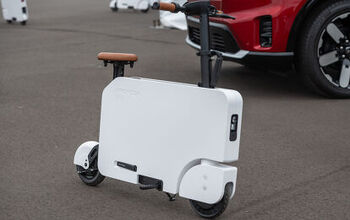5 Views
Hyundai Sales Up In China As Japanese OEMs Tank
by
Derek Kreindler
(IC: employee)
Published: October 5th, 2012
Share
Sales of Japanese cars are getting hammered in China, and Hyundai is one of the chief beneficiaries of their collapse.
According to Reuters, Hyundai sales were up 15 percent last month, while Japanese auto makers saw their market share wither away in the midst of a land dispute between China and Japan. A wave of anti-Japanese sentiment in China has led Japanese car makers to scale back production right as Hyundai’s new Chinese factory comes online.
Derek Kreindler
More by Derek Kreindler
Published October 5th, 2012 5:12 PM


































Comments
Join the conversation
the Opium war, infact we had nobody to blame but Empress Dowager to blame, she misappropriated all the needed funds to built her little lovely garden. the needed money could spend on re-arming cannons on the coast and new war ships from the occidentals, instead of she blew it on ornamental things. Any invasion is going to have some pillage & plunder, but nanking massacre was quite overkill literally. Anyways the question at bar now are how're they going to fix the car sales? The commandeering of this tiny island is costing them a big fortune. Car sales is the most sensitive, is no different than right after Pearl harbour being invaded and u go out to buy a Toyonda. Is different to buy house hold goods that one can hide at home, a new car is too flashy for your friends & neighbour to miss on the radar screen. Is going to be a zero sum game, if not settled amicably Japs are forced to sell their car plants at fire sale, Guandong motor et al will be laughing all the way to the bank. Ghosn is going to be caught between rock & a hard place, since he's with Nissan. Or rebadge everything to renault so as to fly under the radar screen so to speak.
http://en.wikipedia.org/wiki/Treaty_of_San_Francisco middle kingdom and taiwan govt were never invited! People's Republic of China Objections to the Treaty Due to the ongoing Chinese Civil War and thus the question of which Chinese government was legitimate, neither the Republic of China in Taiwan nor the People's Republic of China in mainland China were invited to the treaty negotiations. On August 15, 1951 and September 18, 1951 the People's Republic of China published statements denouncing the treaty, stating that it was illegal and should not be recognized. Besides their general exclusion from the negotiation process, the PRC claimed that the Paracel Islands, Spratly Islands and Pratas Islands in the South Pacific were actually part of China. [10]The treaty either did not address these islands, or in the case of the Pratas Islands turned them over to the United Nations Infact both of them should be invited to the table. By 1951 The Commies aka PRC ( ascended to throne at 1949 )were already in power, is not different than not subpoena a badly beaten victim to an assault case, how the judge & crown to decide how bad was the assault? Is a raw deal thats all or Arnuld would have put it!
Just getting the thread back on track, I think tour operators for Mount Fuji said that they thought that Chinese tourism would take six months at least to get back to normal; may or may not translate. Cars are expensive in China. Sure BMW and Audi can have a boost because of this, but eventually they'll run out of steam. If you couldn't afford an Audi before all of this started, that didn't change afterwards.
Did also read about Middle kingdom never spoke for those island back when they have the right though. The plot thickens as when oil & gas were found there. Still is kind of under the sword of damocles for the both sides. Just not all that simple to disarm this timely bomb that can go off. Isn't that another ugly truth too! "The Japanese “apologies” were always conditional, unlike that for Germany and Japanese war criminals are still revered in Japan (whereas, we don’t see German politicians paying homage to Hitler, Goering, etc.) And there are many prominent Japanese politicians, like the Governor of Tokyo and the Mayor of Osaka, who deny atrocities like Nanjing and the forced sexual slavery – and one is likely to become the next PM of Japan. Go to museums in Japan where Japan is depicted as the “victim” in WWII."